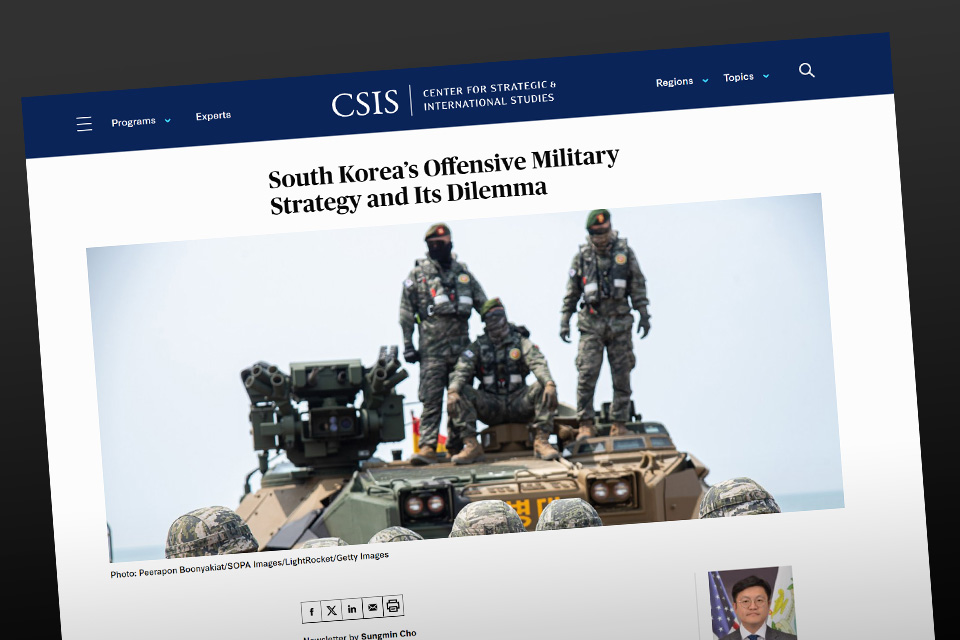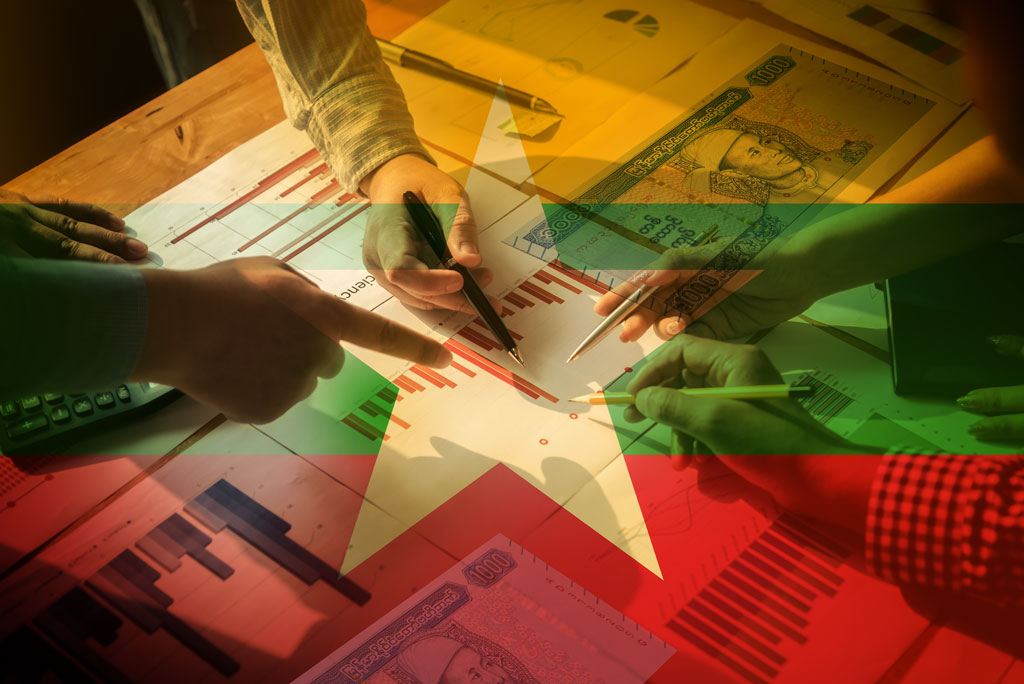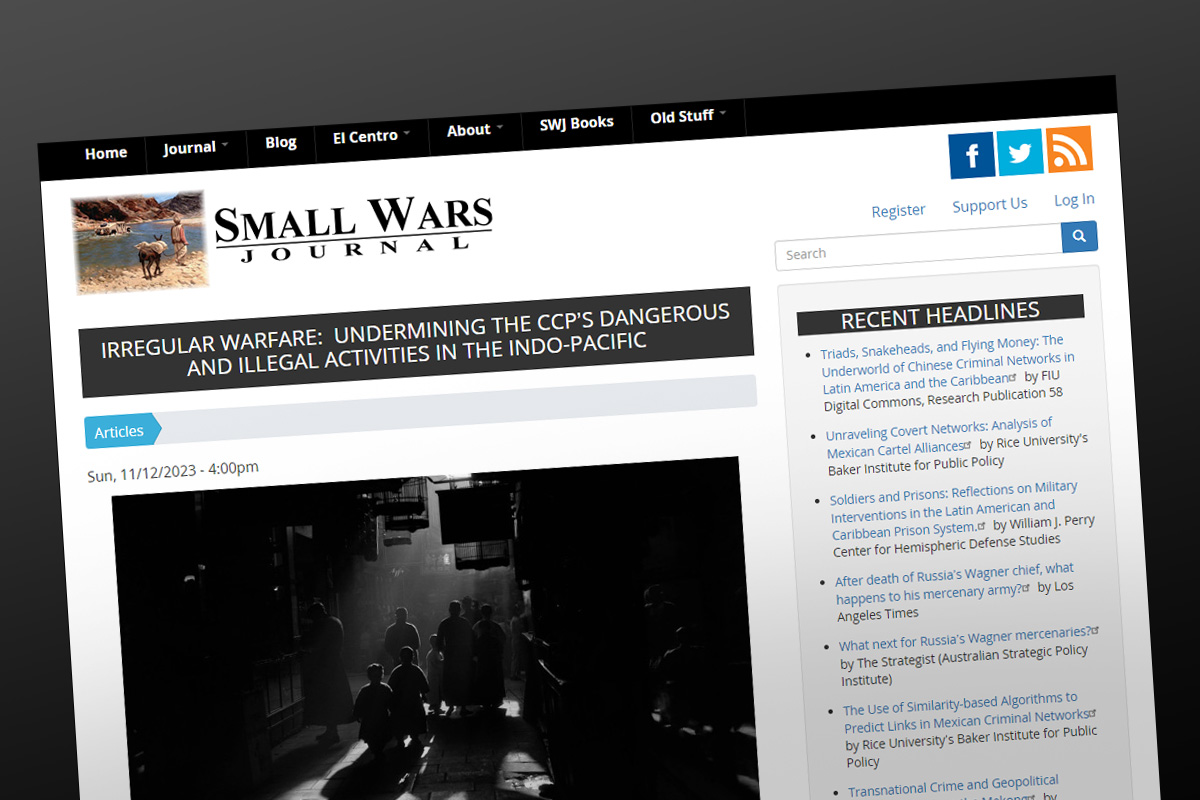“India-China Emerging Nexus: How Realistic, How Enduring” was the focus of a recent research trip to India by APCSS Professor Ehsan Ahrari.
During this December 2007 trip, Ahrari met with a number of senior strategic thinkers to exchanged ideas and information their country’s role in the potential evolution of a strategic nexus involving that country, China, and Russia.
According to Ahrari, “India’s role and agenda related to this nexus is the most complicated of the three potential participants of this arrangement for the following reasons. First, the India-China strategic affairs are competitive. These two rising powers envisage each other as rivals. A perplexing question is how these countries will be able to resolve their competitive ties long enough to form a nexus, and cooperate for any length of time to sustain and even to promote it. Second, there is that evolving U.S.-India strategic partnership that is becoming increasingly promising for India in its aspirations of becoming a great power. Another bewildering question is how can India afford to jeopardize this partnership by becoming a part of Sino-Russian endeavors that are aimed at whittling away (if not bringing an end to) the U.S.-dominated unipolar global order.
While in India, he also had an opportunity to give a formal lecture at the United Service Institute (USI), a gathering place for many of India’s senior retired and active duty officers. About 50 retired and active duty officers attended the lecture.
Ahrari also had an opportunity to present a faculty seminar at the Institute for Defense Studies and Analysis (IDSA), India’s top think-tank affiliated with its Ministry of External Affairs. The focus of these discussions was on China’s role in the region and on what the U.S. is thinking about China’s role in the region.
Dr. Ahrari’s research paper will be published in the Spring.
Click here to view Trip Photos
-END-
The views expressed in these articles are those of the author and do not necessarily reflect the official policy or position of the Asia-Pacific Center for Security Studies, U.S. Pacific Command,he U.S. Department of Defense, or the U.S. government.









Leave A Comment